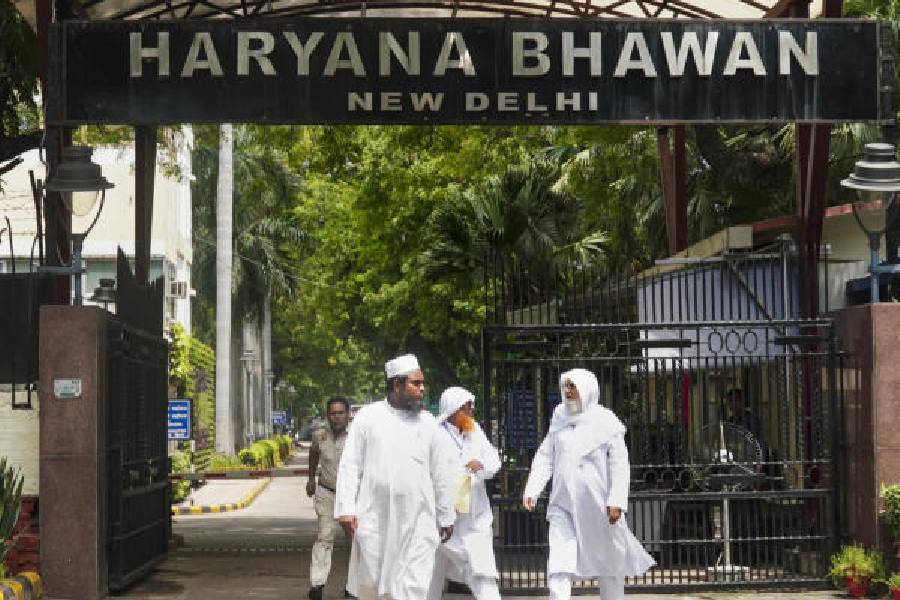RSS chief Mohan Bhagwat on Thursday interacted with over 50 Muslim clerics from across the country, in the second such outreach by the Hindutva outfit focused on the largest minority community to foster “religious harmony”.
The meeting came against the backdrop of the contentious Waqf Amendment Act that was pushed through Parliament early this year, overruling widespread protests by Muslim outfits and Opposition parties which accused the Narendra Modi government of trying to take over land of Muslims meant for religious purposes.
The interaction was organised by the All India Imam Organisation, a national body of Muslim clerics headed by Umer Ahmed Ilyasi, who is seen to be close to the Sangh. Ilyasi had referred to Bhagwat as “Rashtra Pita (father of the nation)” when the Sangh chief had paid a visit to his office and a madrasa on his invitation three years ago.
“This was the first ever interaction between Muslim ulemas and the RSS chief and we had a very fruitful interaction. More such interactions will take place to foster religious harmony,” Ilyasi told The Telegraph.
He said 60 ulemas of mosques and madrasa heads from across the country participated in the interaction at Haryana Bhavan in Delhi.
In September 2022, Bhagwat and some other Sangh leaders had visited Ilyasi’s office, which also has a mosque, in the heart of Delhi and also interacted with students of a madrasa. This was a first-of-its-kind outreach by the RSS towards Muslims.
The RSS did not issue a statement on Thursday’s interaction, terming the event a routine and continuous outreach effort by the Sangh chief to interact with all sections of society in national interest. The Sangh completes 100 years in October and has planned a series of events to mark the occasion.
Asked whether the Muslim clerics had voiced reservations about the Waqf Act, Ilyasi said that since it was their first interaction, the focus was on “building trust”.
“All relevant issues were discussed in a friendly atmosphere. We decided to continue with more such interactions because differences can be solved only through interactions,” Ilyasi said.










